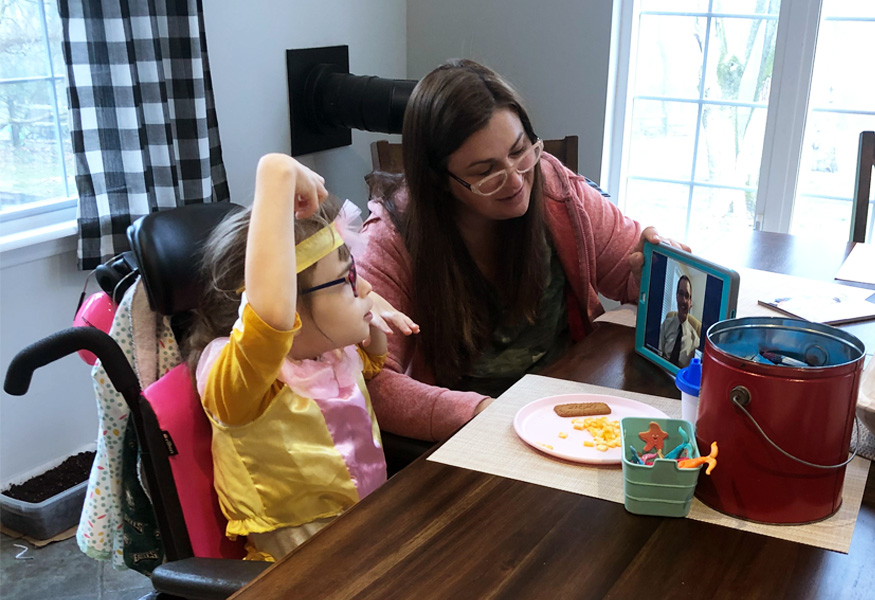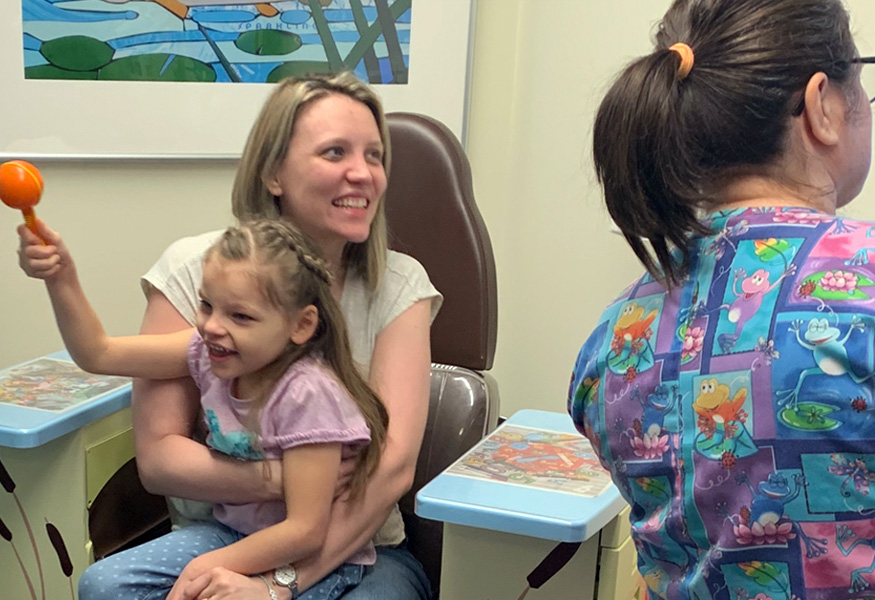Our Consortium
FCDGC’s vision is to conduct research to support the best integrated clinical care for congenital disorders of glycosylation (CDG) in the nation.
A strong patient association, committed clinicians and a devoted group of scientists has formed a virtual consortium over the last decade and have closely collaborated to improve patient outcomes. Partners in our consortium have collaborated for many years—sharing knowledge, individualizing therapy, organizing patient conferences, and supporting physicians caring for individuals with CDG patients. We have improved patient care in this rare disease. On this foundation we have set out to establish a nationwide network of regional centers to relieve decades of unresolved questions, address knowledge gaps, develop treatment and meet currently unmet patient needs.

What are Congenital Disorders of Glycosylation?
Congenital means that CDG is a condition that happens at or before birth. Notice that “disorders” is plural. This is because CDG is not just one disorder, but rather, a group of disorders. There are many types. Which type your child has depends on which body system is affected.
Learn More About Diseases We StudyAdvancing Research
When someone has CDG, his or her body cannot properly add or attach the sugar building blocks to proteins or lipids. As such, many body systems are affected by glycosylation not working correctly. In order to best support the CDG community, all types of congenital disorders of glycosylation (CDG) are of interest to the consortium.

Our History
Congenital disorders of glycosylation (CDG) consist of more than 170 different inborn errors of metabolism at an estimated overall incidence of greater than 1 in 100,000. While these disorders were first genetically defined in the 1990s, there is no data available on their natural history, no comprehensive patient registry, no reliable screening tests for many types, and large gaps in clinical trial readiness. In response, a nationwide network of 13 sites total (including nine clinical sites) was established to: define the natural history; validate patient-reported outcomes and share CDG knowledge; develop and validate new biochemical diagnostic techniques and therapeutic biomarkers to increase clinical trial readiness; and evaluate whether dietary treatments restore appropriate glycosylation to improve clinical symptoms and quality of life.
As with all research consortia, patients are key partners.
The consortium leverages cross-disciplinary, team-based clinical science to address decades of unresolved questions; increase clinical trial readiness; advance and share knowledge, awareness and education on CDG; and, most importantly, develop treatments and meet unmet patient needs.

